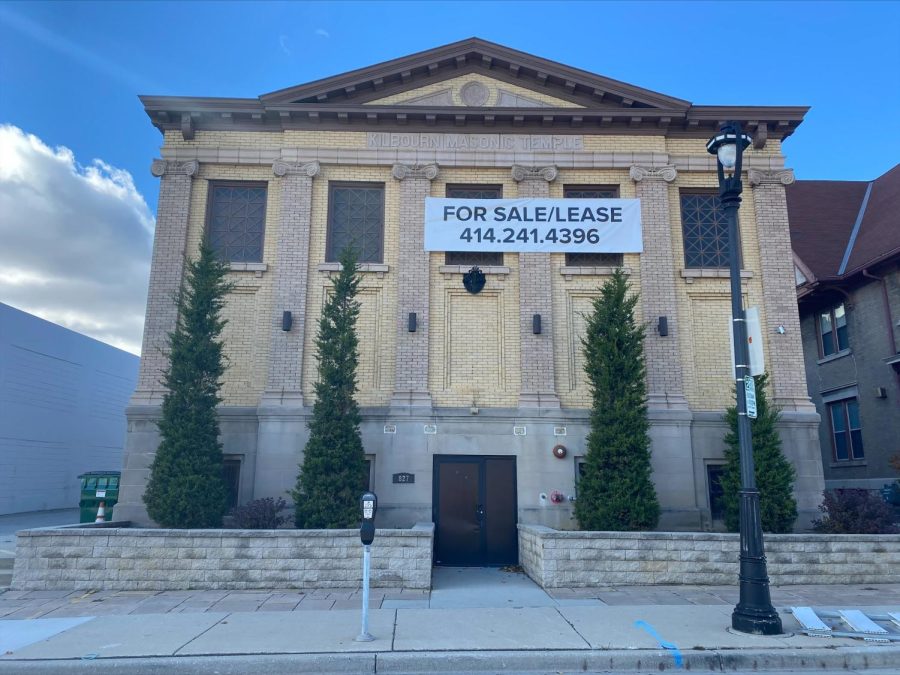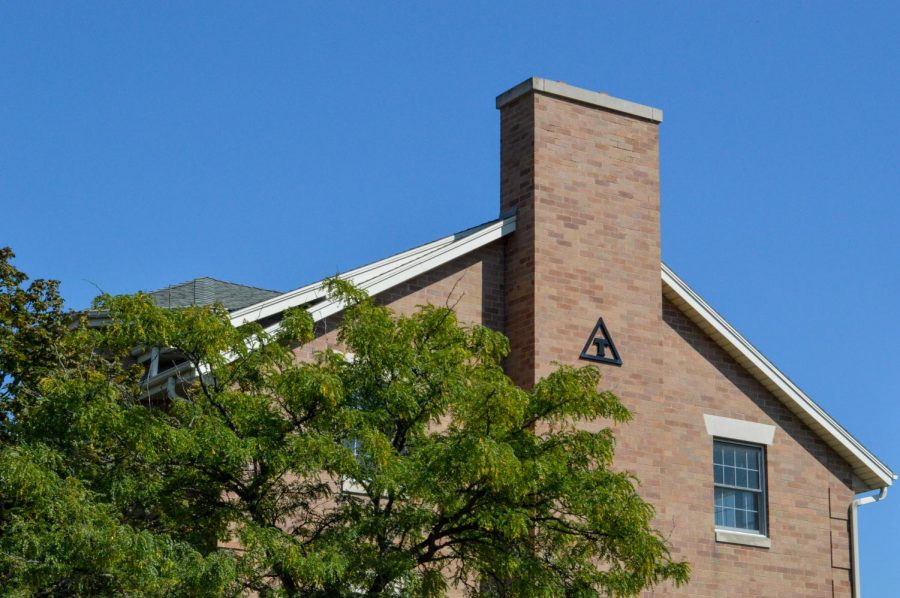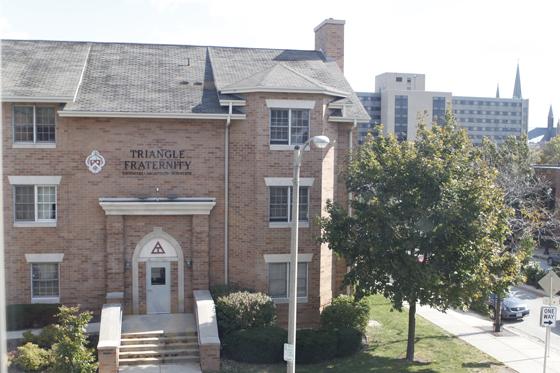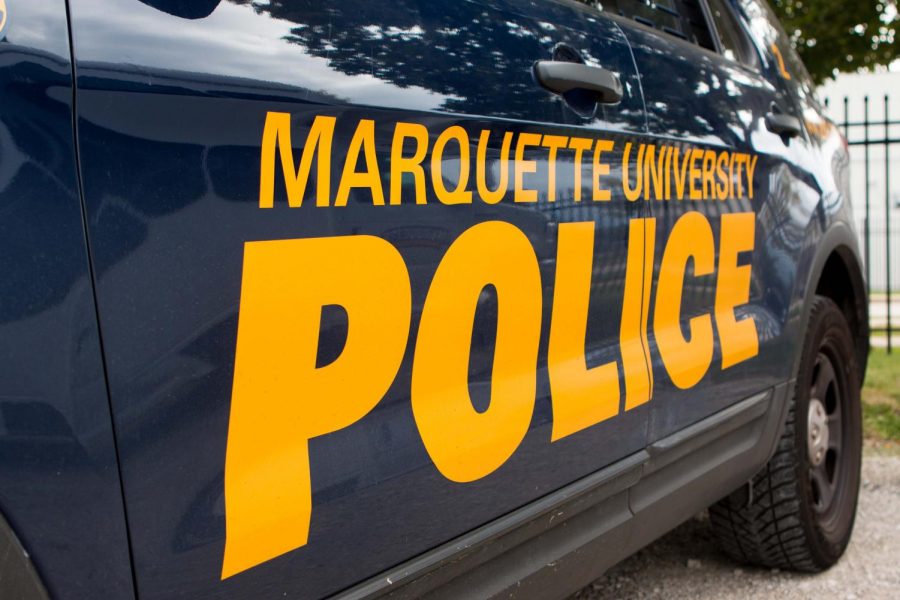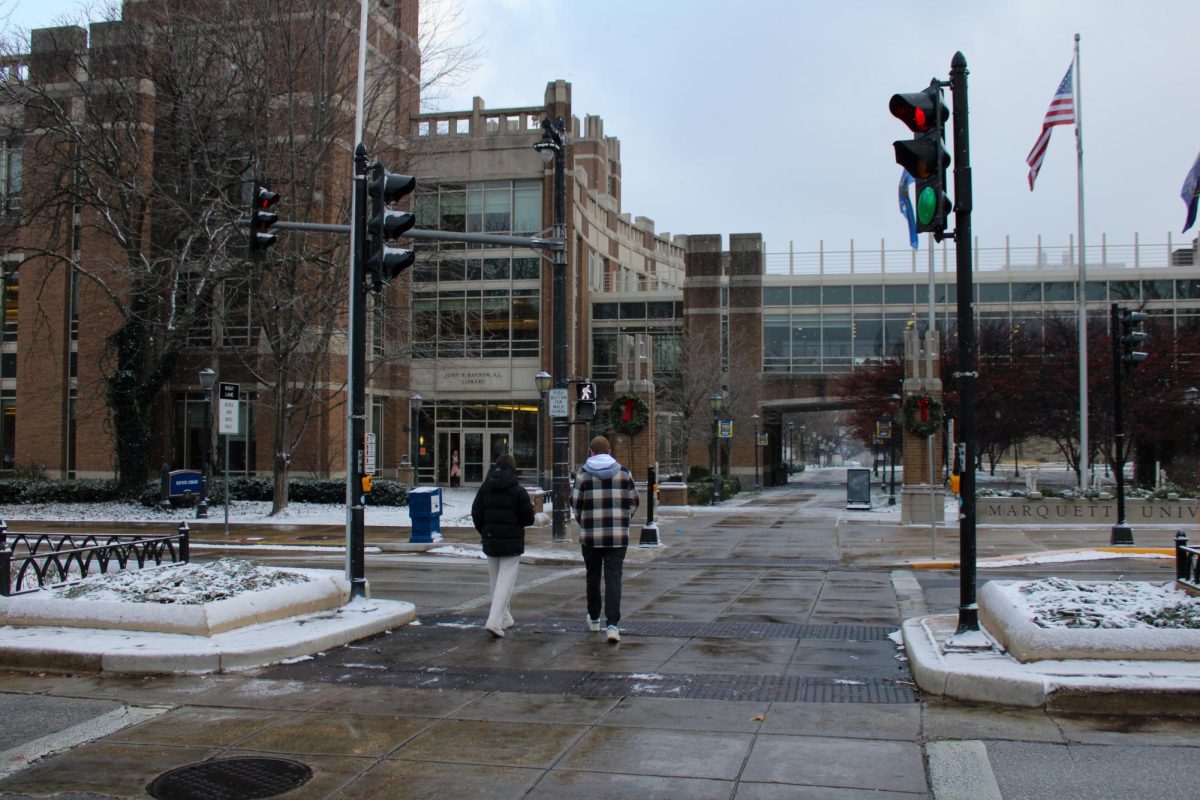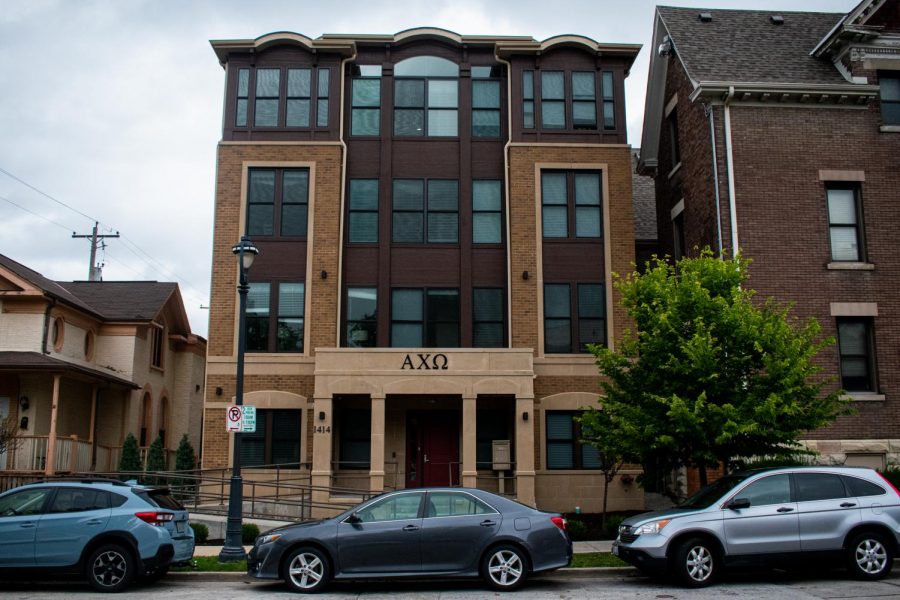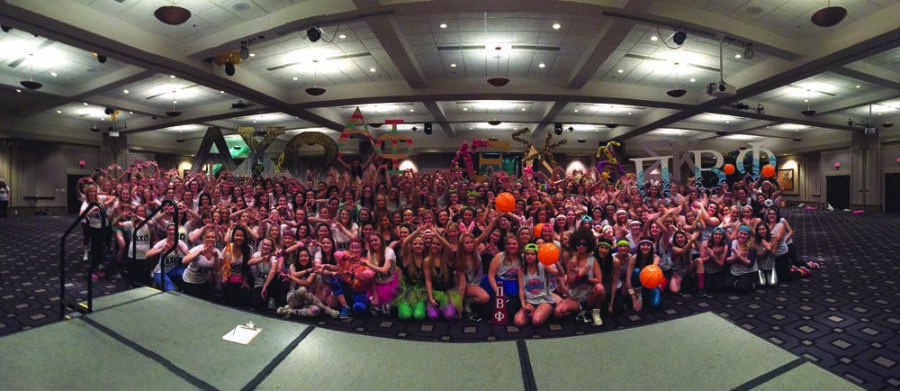In Greek, the word “dyslexia” means learning disability. Last Friday, two Greek Life organizations, Kappa Sigma fraternity and Sigma Kappa sorority, held a barbecue to raise awareness for this disease and collect donations for The Dyslexia Foundation.
The barbecue was held under Raynor Bridge, playing host to lively music and food. Sigma Kappa President Kara Schneidewend, a senior in the College of Arts & Sciences, Sigma Kappa Social Chair Marissa Caruso, a junior in the College of Communication, and Greek Life Relations Chair Patrick Johnson, a senior in the College of Education, organized the event.
“This is our first time teaming up with Kappa Sigma,” Caruso said. “We usually only do social activities together, so it is so refreshing to do service because most people do not even think of Greeks in this way.”
Though this was the first time the Greek organizations had held this event, Joan McNichols, current volunteer director for The Dyslexia Foundation and a former Sigma Kappa member, said she expects and appreciates Greek support for such an important cause.
“Dyslexic students, without some appropriate intervention, do not have a chance in the regular education system,” McNichols said.
According to the National Institutes of Health, 35 percent of people in America are affected by dyslexia. More than just a learning disability, dyslexia is a disease that makes reading and writing difficult, and to some severely dyslexic people, virtually impossible.
Although there are universities throughout the country that provide special education for dyslexics, McNichols said this type of education is extremely expensive.
“Yes, scholarship programs do exist, but certainly not enough of them to handle the demand,” McNichols said.
As an education major, Johnson said he appreciates that The Dyslexia Foundation works to create unique ways to educate school children.
“I think dyslexia is often looked down on as something that does not hinder learning,” Johnson said.
Johnson, a Kappa Sigma member, said he has learned through the foundation that this assumption is wrong because the disease affects more than 10 percent of school-aged children.
Unlike other charities that are greatly endowed, The Dyslexia Foundation struggles to make an equally powerful appearance.
“I think this foundation is not frequently supported because often times, many other charities are recognized before dyslexia is,” Schneidewend said.
Mark Ayers, a Kappa Sigma member and a senior in the College of Arts & Sciences, said the reason for choosing to support The Dyslexia Foundation came down to two reasons.
“(First), dyslexia is overlooked as a serious disease,” Ayers said. “We wanted to bring attention to an issue that not a lot of people know about. Second, we thought because our letters were opposites, (mirroring Kappa Sigma/Sigma Kappa) this served as an inspiration and a cool way to represent this charity.”
Schneidewend said Kappa Sigma and Sigma Kappa plan to continue the barbecue each fall, as well as begin a kickball tournament in the spring to benefit The Dyslexia Foundation.
Article by Elise Angelopulos
Special to the Tribune


